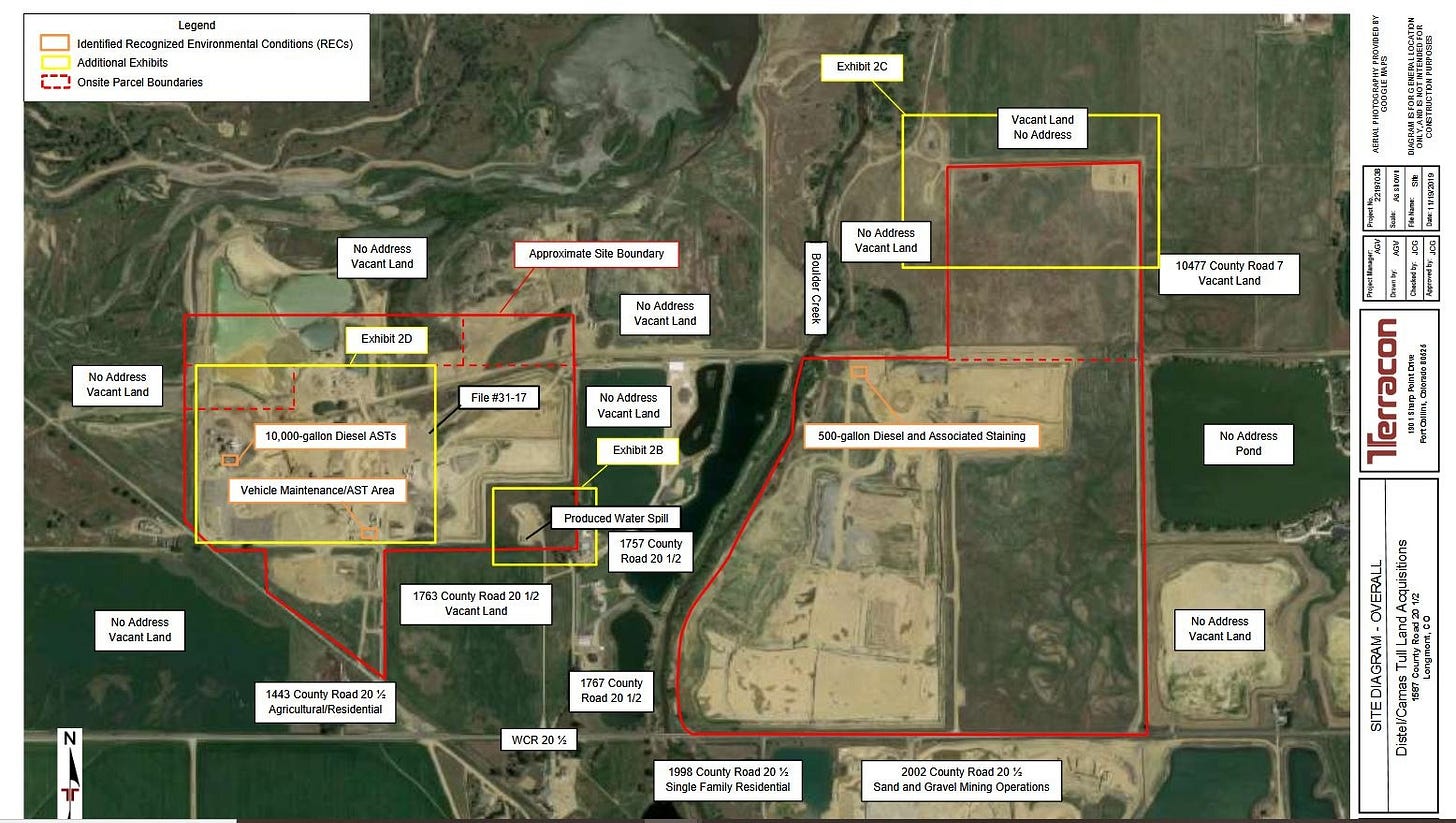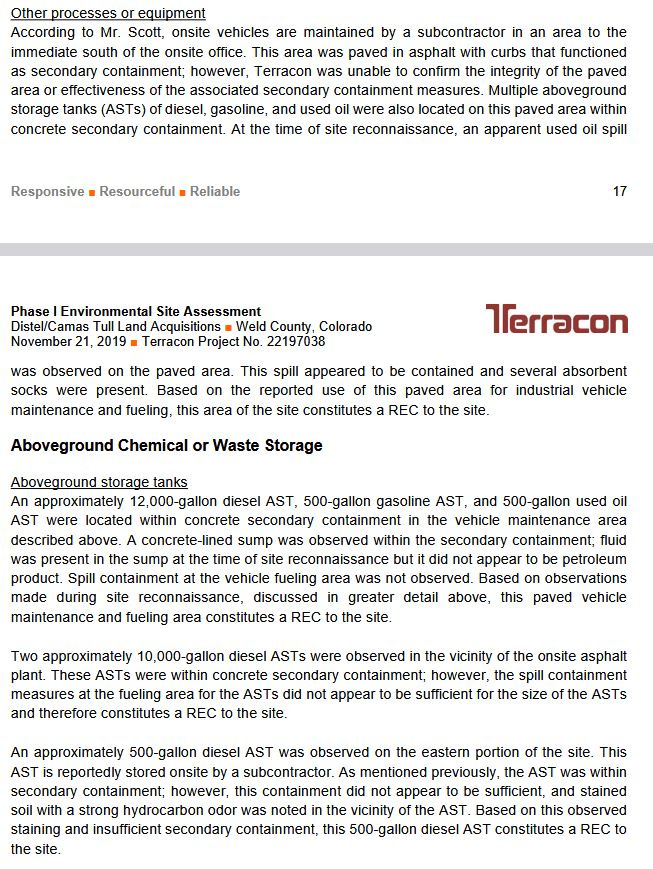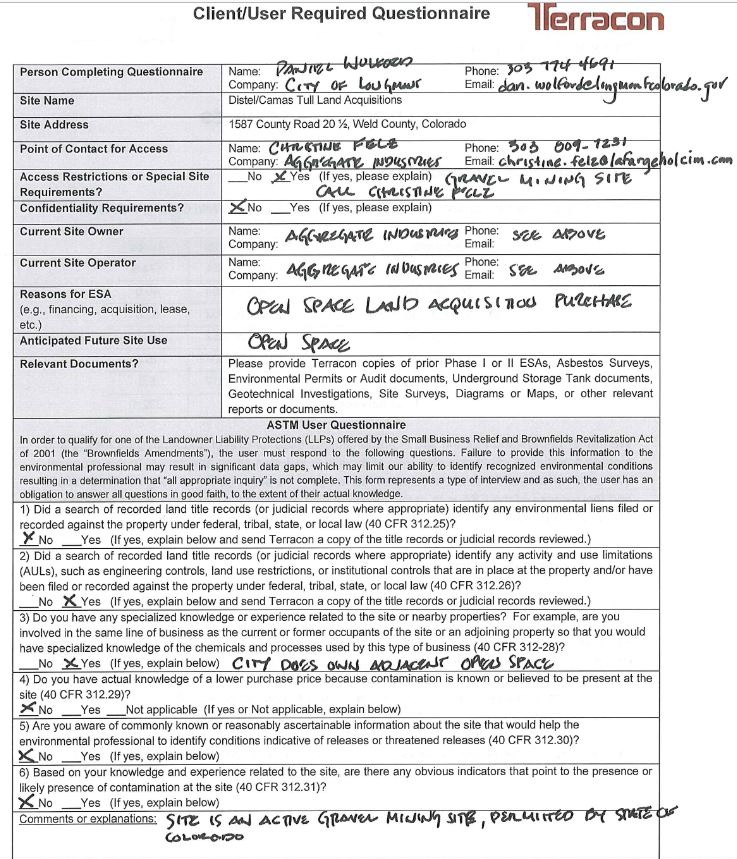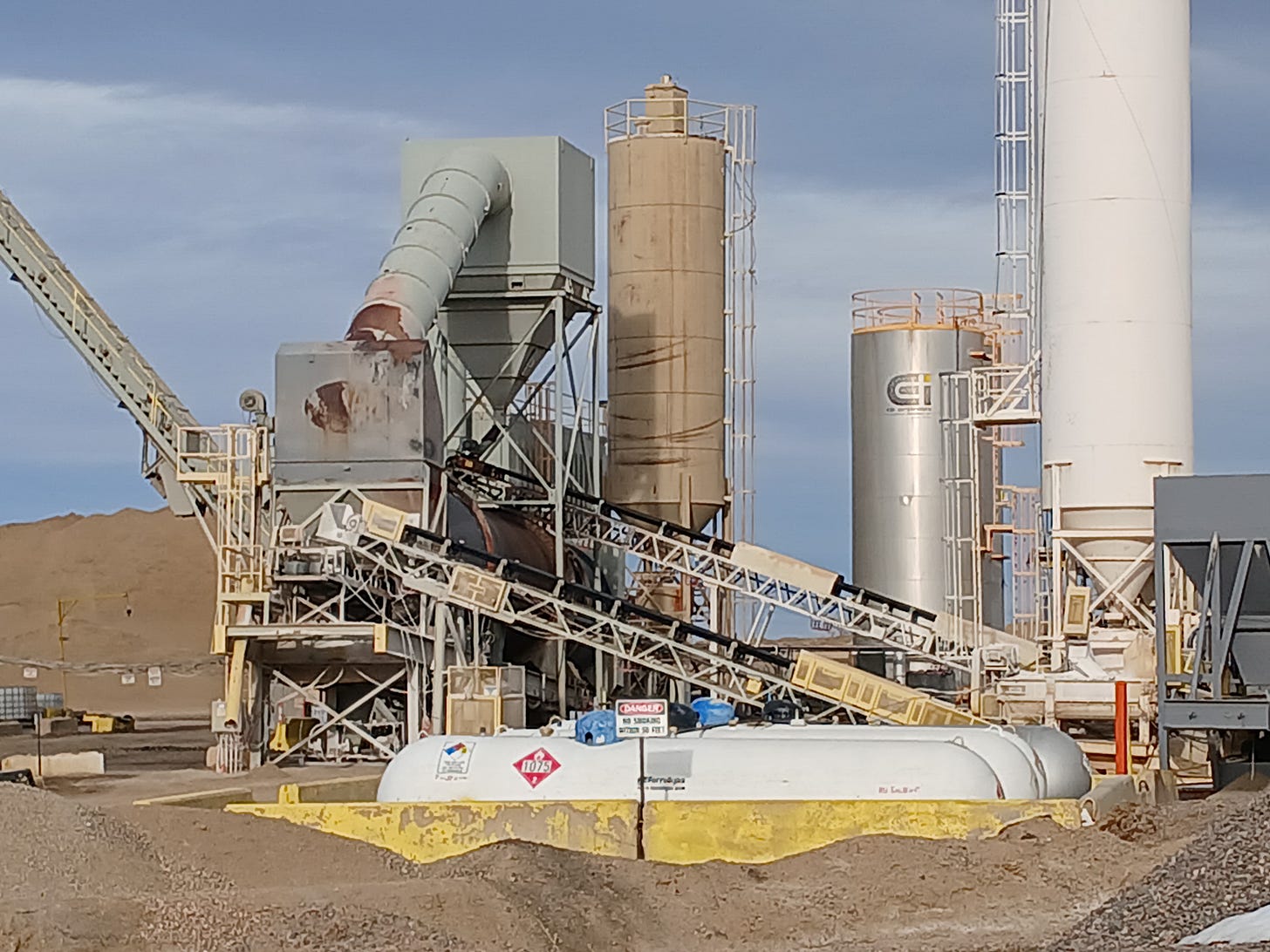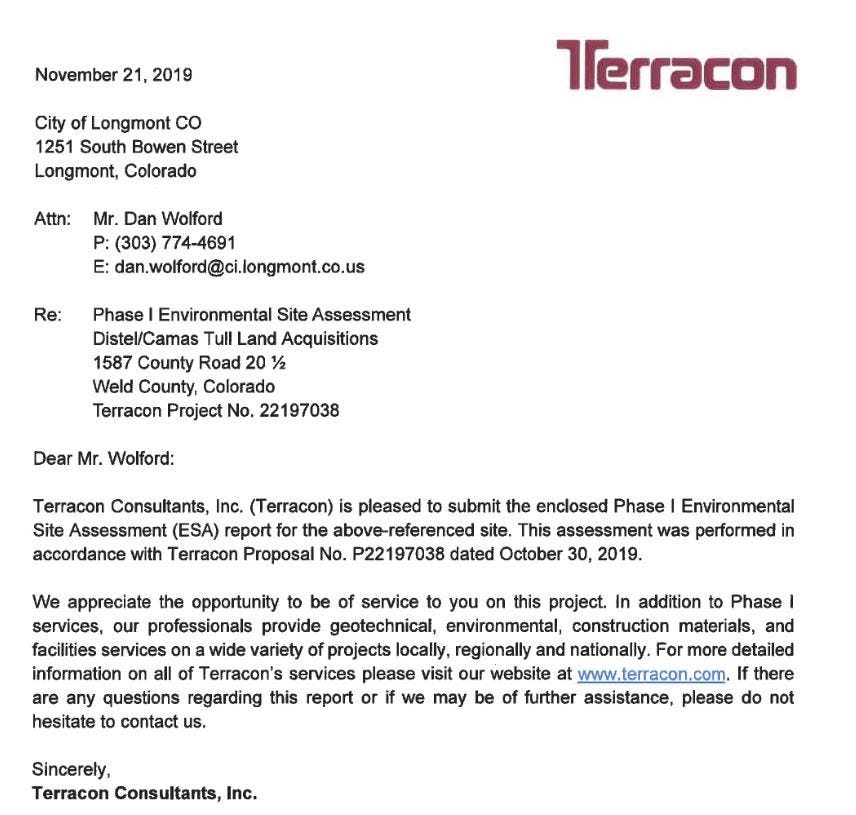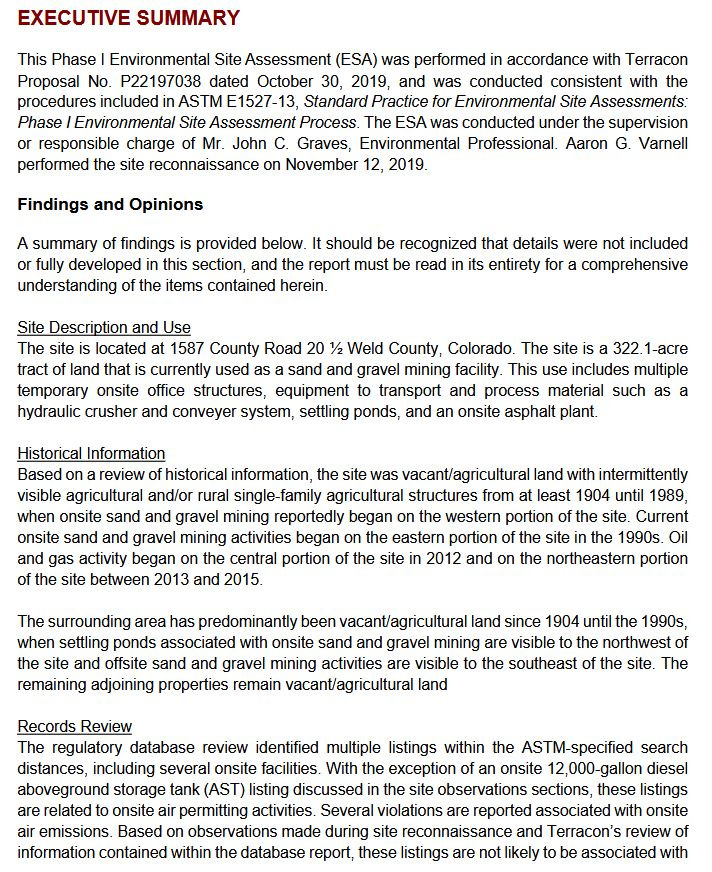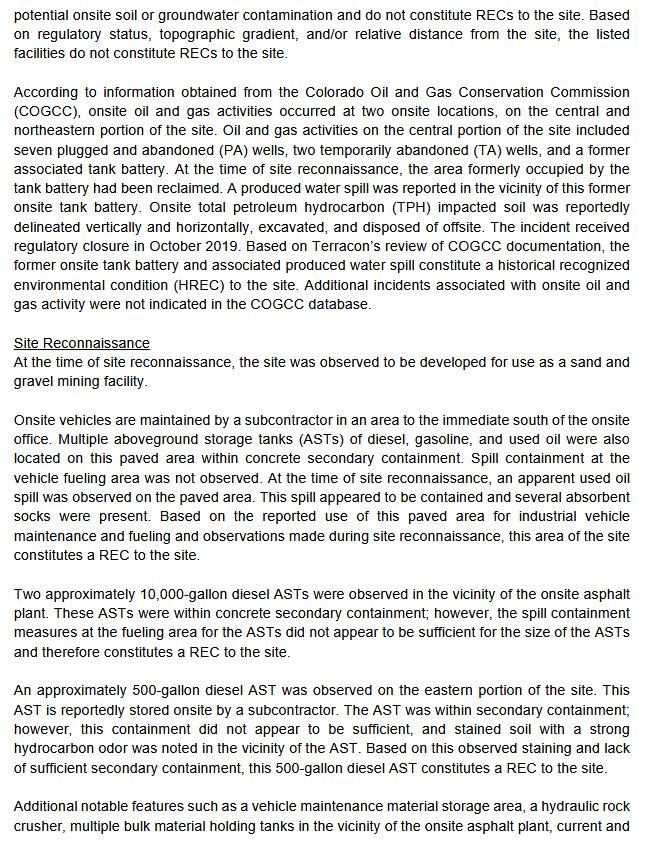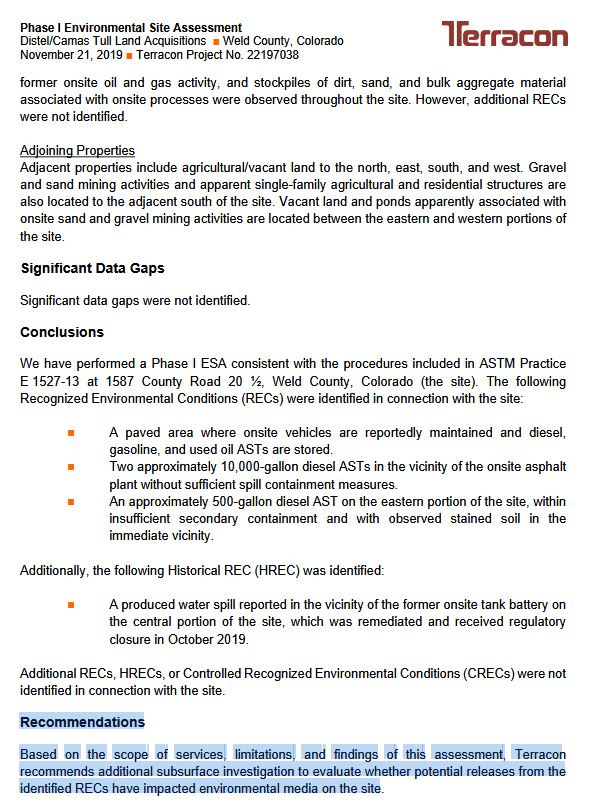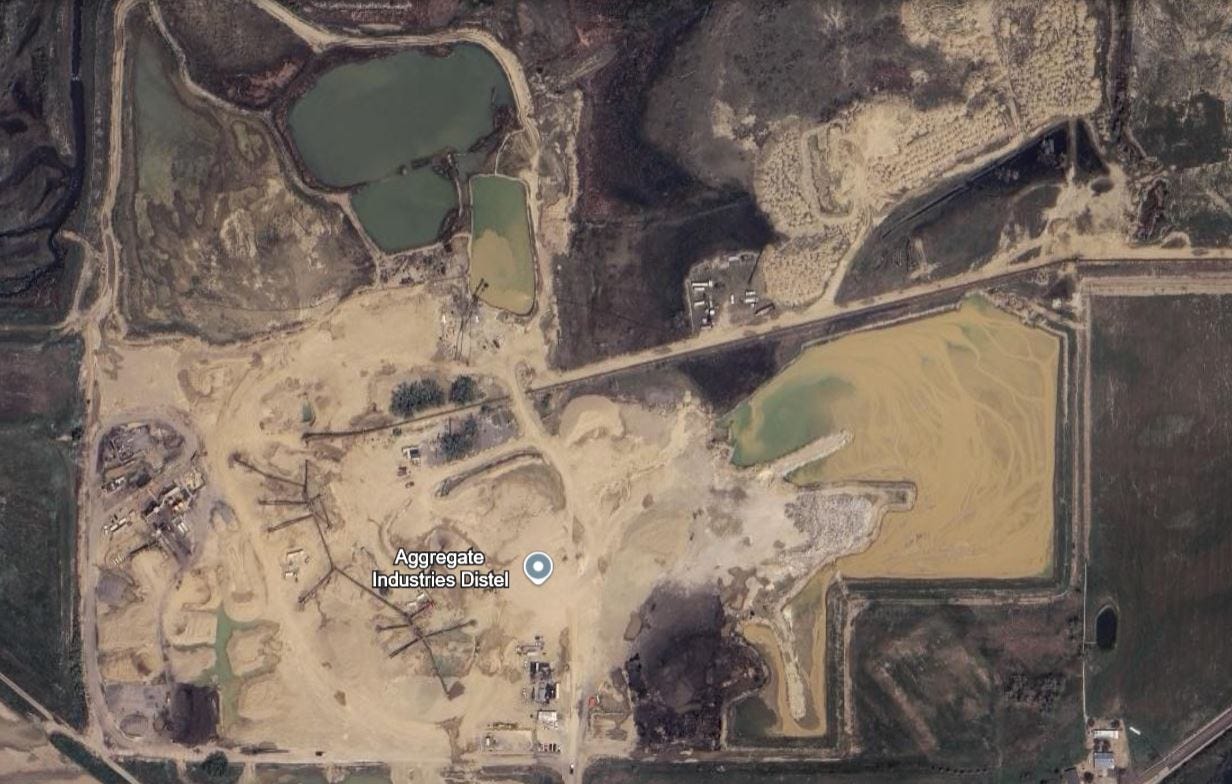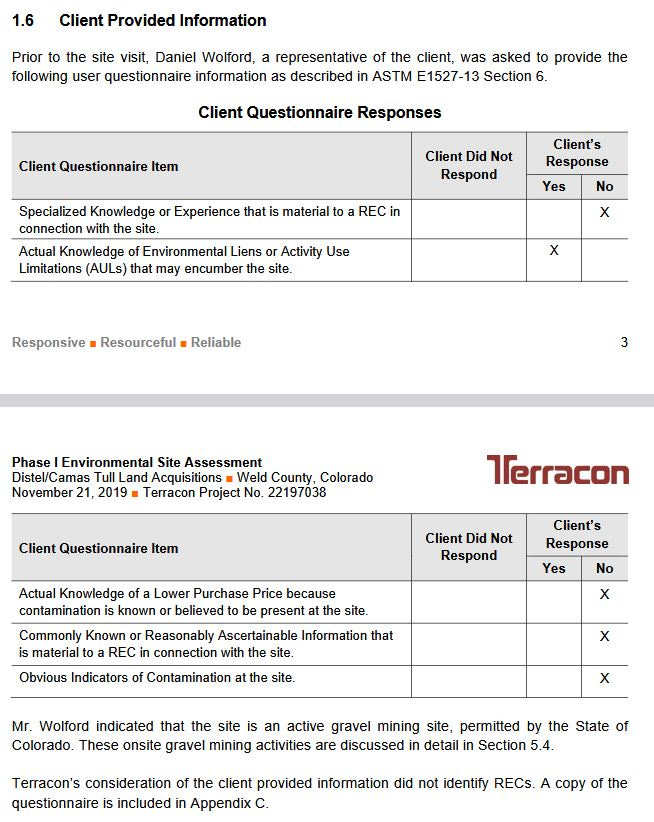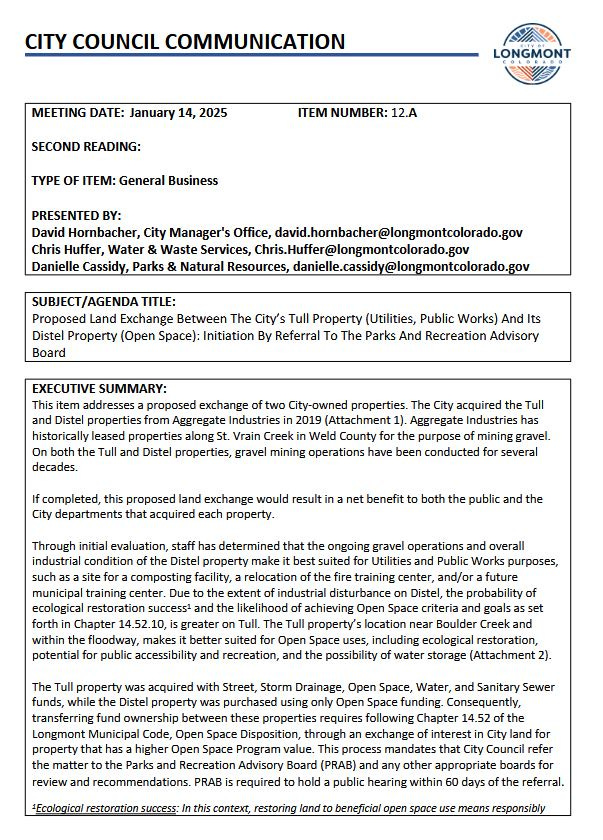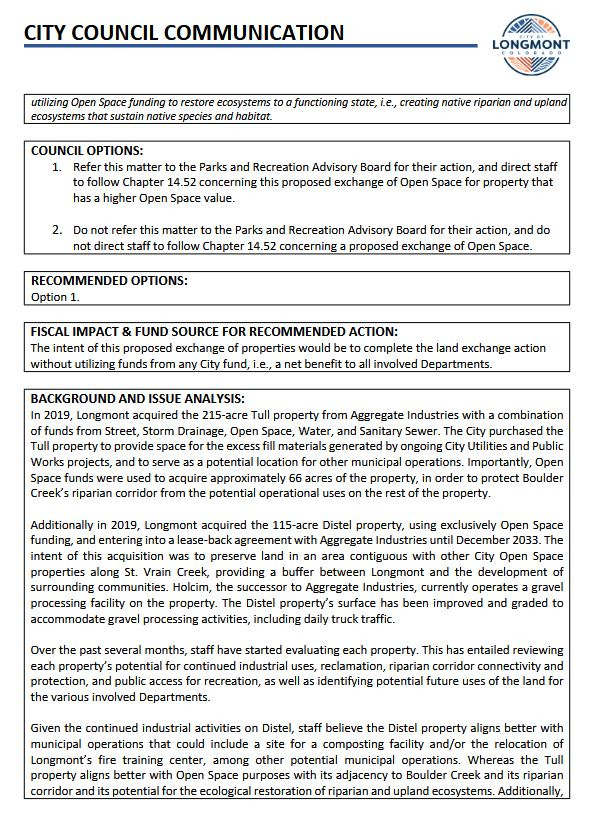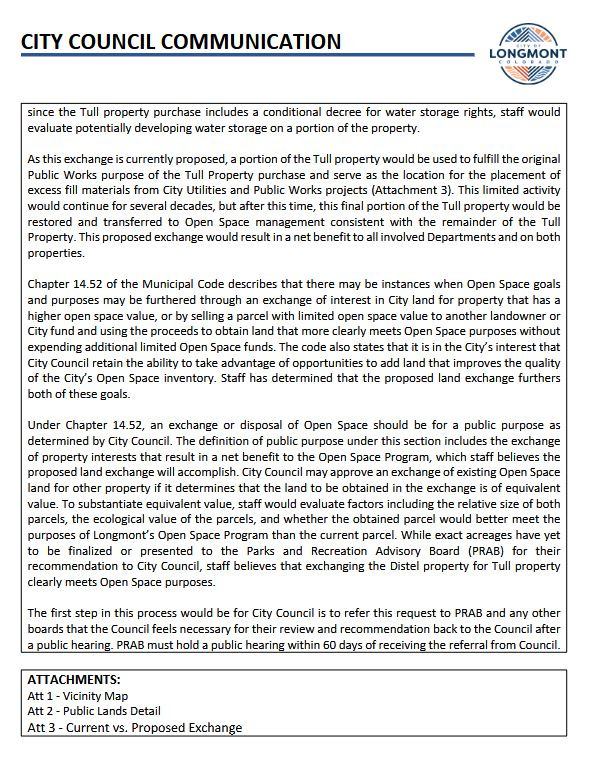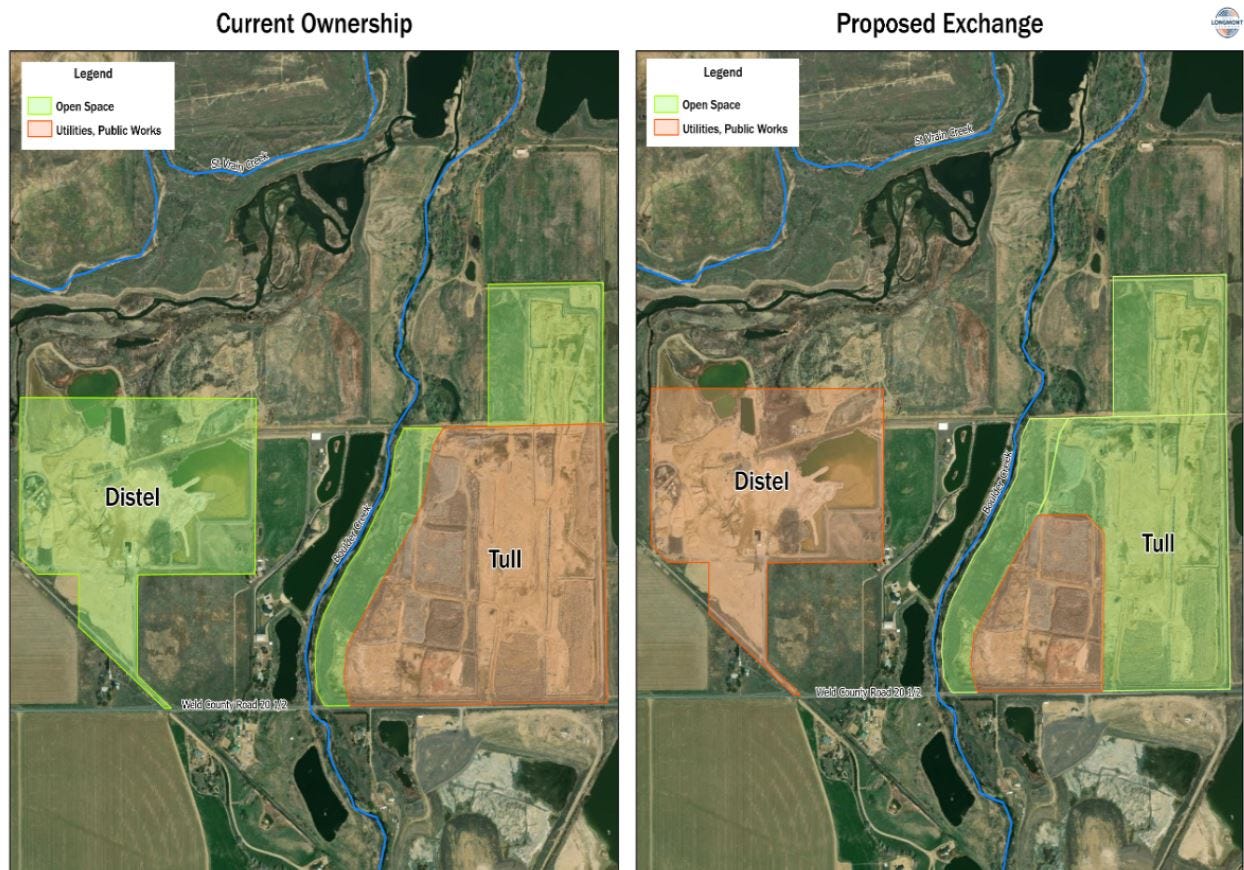Longmont’s Contradictory Composting Proposal: A Threat to Open Space, Public Health, Environmental Safety and Quality of Life
Whose crazy idea to build a composting facility on contaminated land was it anyway?
Longmont residents, and citizens of Boulder and Weld Counties, it’s time to pay attention. A major decision is being rushed through that could permanently alter our open space, negatively impact public health, and disrupt the integrity of our nearby rural communities. In partnership with Boulder County, the City of Longmont is proposing to build a large-scale regional composting facility on all or parts of the industrially disturbed Distel property, a 115-acre site in unincorporated Weld County—an area that was originally purchased by Longmont using Open Space funds.
While composting is an important sustainability practice, which I generally support whole-heartedly, the location of this facility is completely inappropriate and poses significant risks that the City and County are failing to address.
What’s Happening?
The City of Longmont is moving forward with plans to reclassify the Distel property from Open Space to Municipal Use to facilitate an industrial composting operation—and possibly other intensive municipal projects like a firefighter training center where fire and potentially hazardous burning activities could take place in the same vicinity as oil spills and a historic produced water spill.
The Parks and Recreation Advisory Board (PRAB) will hold a public hearing at 6 pm on March 10, 2025 inside the Parks, Open Space & Trails municipal building at 7 South Sunset Street, before they vote on whether to recommend approving this land use change.
Why Should You Be Concerned?
🚨 Loss of Protected Open Space
The Distel property was acquired using Open Space funds, which means it was meant to be preserved in perpetuity for conservation and recreation, not industrial development. If the City is allowed to repurpose Open Space for industrial use, what stops them from doing it again in the future? This sets a bad precedent.
🚛 Traffic & Road Safety Issues
Large-scale composting facilities require hundreds of heavy truckloads per week to haul in organic waste and transport finished compost. This means:
Increased traffic congestion on rural roads.
Higher risk of road deterioration and safety hazards for local drivers, cyclists, and pedestrians.
Increased road infrastructure costs that will fall on taxpayers.
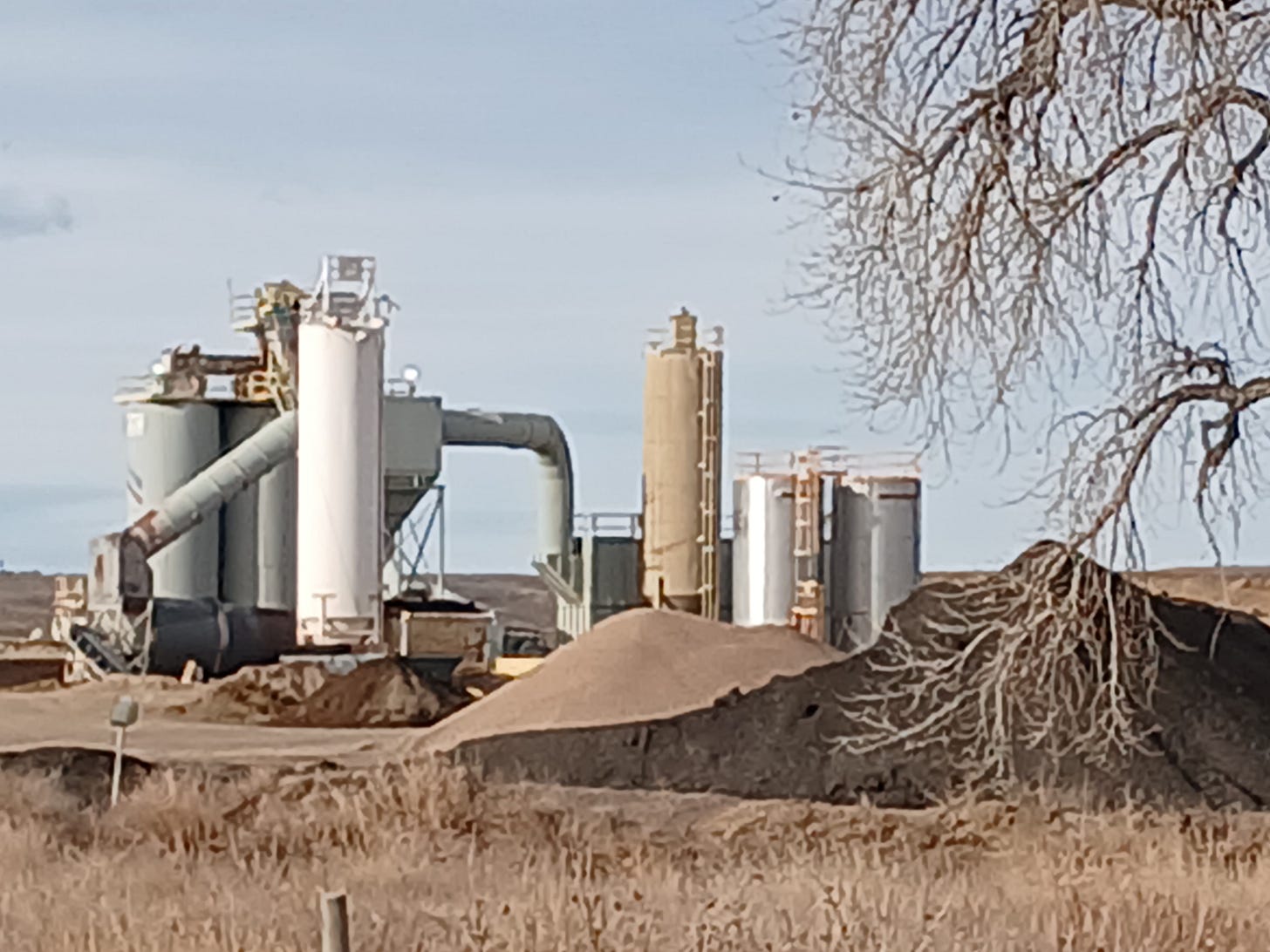
View of the industrially disturbed and environmentally contaminated Distel property where Longmont has proposed putting a regional composting facility. 🤢 Odor, Air Pollution & Public Health Risks
Industrial composting is not like backyard composting—it involves processing large amounts of organic waste, including food scraps, yard debris, and potentially biosolids. This can generate:
Strong odors that travel for miles, especially in hot weather.
Airborne particulates and bioaerosols that can pose health risks, particularly for people with asthma, allergies, or respiratory conditions.
Increased wildlife attraction, leading to rodent and pest issues in nearby neighborhoods.
Higher than normal transportation-related emissions and fuel costs, paid for by taxpayers, because this property is located so far away from most Boulder County population centers.
☣️ Environmental Contamination Concerns
The proposed site for the compost facility is an industrially disturbed site with a history of contamination. A 2019 Phase I Environmental Site Assessment (ESA) found:
Recognized Environmental Conditions (RECs), including spilled petroleum, hydrocarbons, and other hazardous materials.
The report recommended a Phase II ESA, which involves subsurface testing to assess contamination. The City has failed to do this.
The site is next to St. Vrain Creek and Boulder Creek, meaning stormwater runoff could contaminate local waterways.
Compost leachate can further mobilize the spread of existing contamination and prompt unpredictable biological and chemical reactions that worsen risks to ecology and public health.
Safe and clean compost can be rendered toxic by the spread of existing contamination or ongoing industrial leaks, spills and emissions as the property is leased to continue industrial operations until 2033.
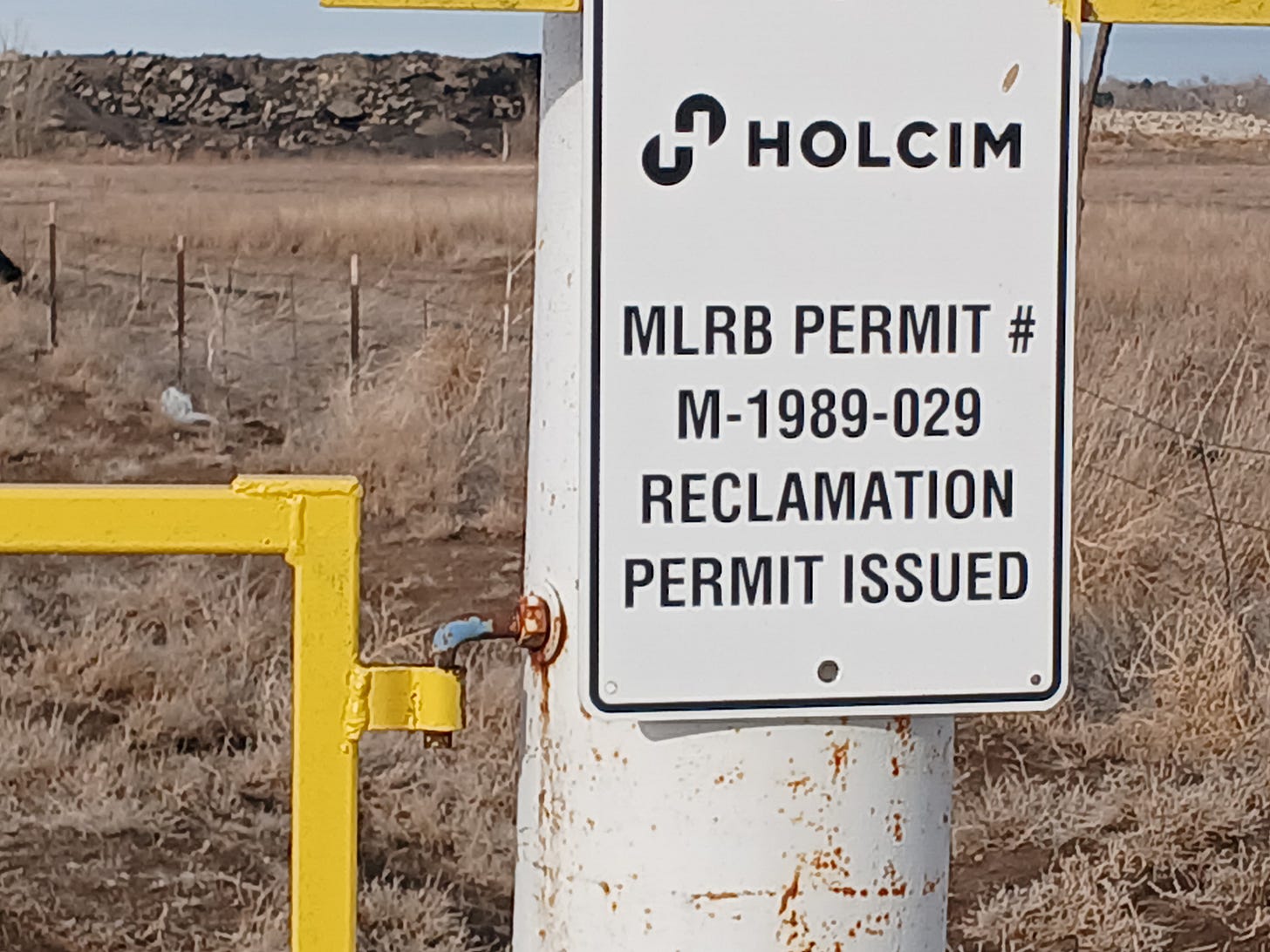
The industrially disturbed Distel property has been used for gravel mining, oil and gas extraction, and asphalt production for decades, causing the documented release of toxic pollution on site. Before any redevelopment or land use change occurs on the Distel property, a full environmental investigation and remediation plan must be conducted, including a Phase II ESA (which is already required by law but has not been completed).
🏡 Disruption to Nearby Residents and Rural Communities
The Distel property is located near homes, farms, and sensitive ecosystems. A massive industrial-scale composting facility does not belong in a rural setting that is zoned for agriculture. In fact, Weld County zoning regulations specifically disallow the construction of a composting facility on this site without a Special Use Permit, which itself requires a Phase II Environmental Site Assessment, specialized engineering controls, stormwater management plans, and other costly environmental mitigation measures. The impacts on quality of life, noise levels, and land values are all reasons why this project must be stopped.
What Can You Do?
📢 Speak out at the March 10 Public Hearing!
The Parks and Recreation Advisory Board (PARAB) needs to hear from you before they vote to recommend this plan to City Council. The hearing will take place at 6:00 PM on March 10 at the Municipal Parks and Open Space conference room (7 South Sunset St) next to Izaak Walton Park in Longmont.
📣 Spread the Word!
Share this blog post with neighbors, friends, and community groups.
Follow and engage with social media pages dedicated to protecting Longmont’s Open Space.
Attend community meetings and voice your opposition.
🚨 Longmont residents must demand responsible land use decisions that protect public health, Open Space, and community integrity. If we don’t act now, we risk losing this land forever. 🚨
👉 Make your voice heard! Join us in standing against this reckless proposal.

